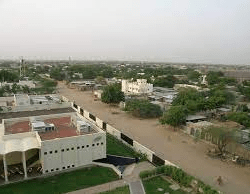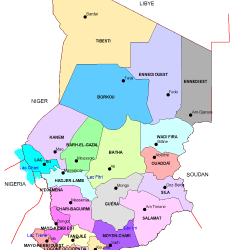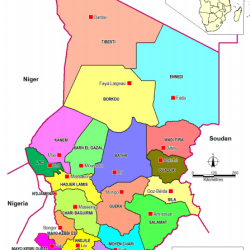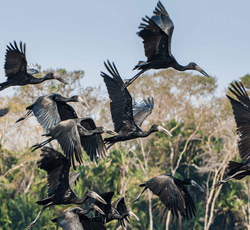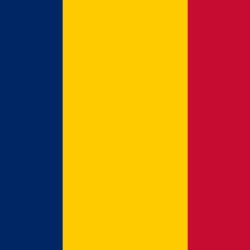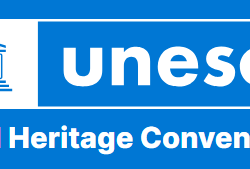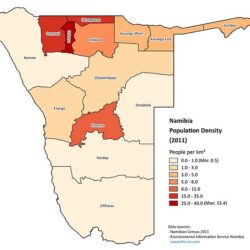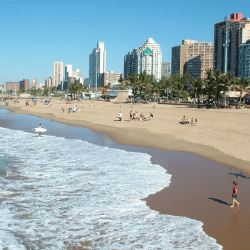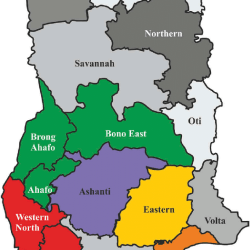Chad comprises 23 regions, namely:
- Bahr el Gazel
- Batha
- Borkou
- Chari-Baguirmi
- Ennedi-Est
- Ennedi-Ouest
- Guéra
- Hadjer-Lamis
- Kanem
- Lac
- Logone Occidental
- Logone Oriental
- Mandoul
- Mayo-Kebbi Est
- Mayo-Kebbi Ouest
- Moyen-Chari
- N’Djamena (capital)
- Ouaddaï
- Salamat
- Sila
- Tandjilé
- Tibesti
- Wadi Fira
Republic of Chad
The Republic of Chad is a country in Africa. The landlocked country is bordered by Libya to the north, Sudan to the east, the Central African Republic to the south, Cameroon to the southwest, Nigeria to the southwest (at Lake Chad), and Niger to the west.







Chad has a population of 16 million and 1.6 million live in the capital and largest city of N’Djamena.
With a total area of about 1,284,000 km2 (496,000 sq mi), Chad is the 5 largest country in Africa and the 20 largest in the world by area.
Capital: N’Djamena
Independence day: August 11, 1960
Calling code: +235
Currency: CFA franc (XAF)
Official language: French, Arabic
Area: 1,284,000 km2


It is home to over 200 different ethnic and linguistic groups.
Islam (55.1%) and Christianity (41.1%) are the main religions practiced in Chad.
Chad is largely a semi-desert country. It is rich in gold, uranium and petroleum.
It became an oil-producing nation in 2003, with the completion of a $4bn pipeline linking its oilfields to terminals.
Despite its abundant resources, Chad is still faced with poverty and food insecurity. Close to half of the population (47%) lives below the poverty line.
The country ranks the 2nd lowest in the Human Development Index, with 0.394 in 2021 placed 190th, and is one of the poorest and most corrupt countries in the world.
Most of its inhabitants live in poverty as subsistence herders and farmers.
Since 2003 crude oil has become the country’s primary source of export earnings, superseding the traditional cotton industry. Chad has a poor human rights record, with frequent abuses such as arbitrary imprisonment, extrajudicial killings, and limits on civil liberties by both security forces and armed militias.
Chad’s post-independence history has been marked by instability and violence, mostly from tension between the mainly Arab-Muslim north and the predominantly Christian south.
However, it suffers from inadequate infrastructure, and internal conflict with rebels in the north, exacerbated by a jihadist insurgency across the Sahel region and Lake Chad Basin.
